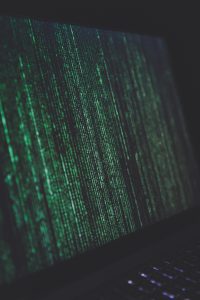In a bad mood? Want to turn it around with a little cyberbullying? Think again. A Michigan woman is facing charges related to cyberbullying teenage students, including her own daughter, according to authorities. The woman is facing five counts, including, most importantly, stalking a minor.
The woman’s own daughter and her boyfriend reported getting harassing messages to authorities which spurred forth the investigation, which lasted a year. Ultimately, the culprit turned out to be the girl’s own mother.
The mother used VPNs and other methods to hide her identity. At one point, she attempted to obscure her IP address in a manner that would lay the blame on classmates of her daughter. The woman was also working as a basketball coach at the time. Law enforcement says that the VPN exposed the defendant’s IP address for a fraction of a second before connecting. Indeed, you must connect your VPN prior to going onto the internet. If you do it after connecting, you will expose your actual IP while the VPN is unconnected or if it goes out. VPNs are not foolproof. A network interruption could expose your IP. Alternatively, not all VPNs are created equally. In this case, the woman’s IP was exposed.
 Chicago Criminal Lawyer Blog
Chicago Criminal Lawyer Blog




